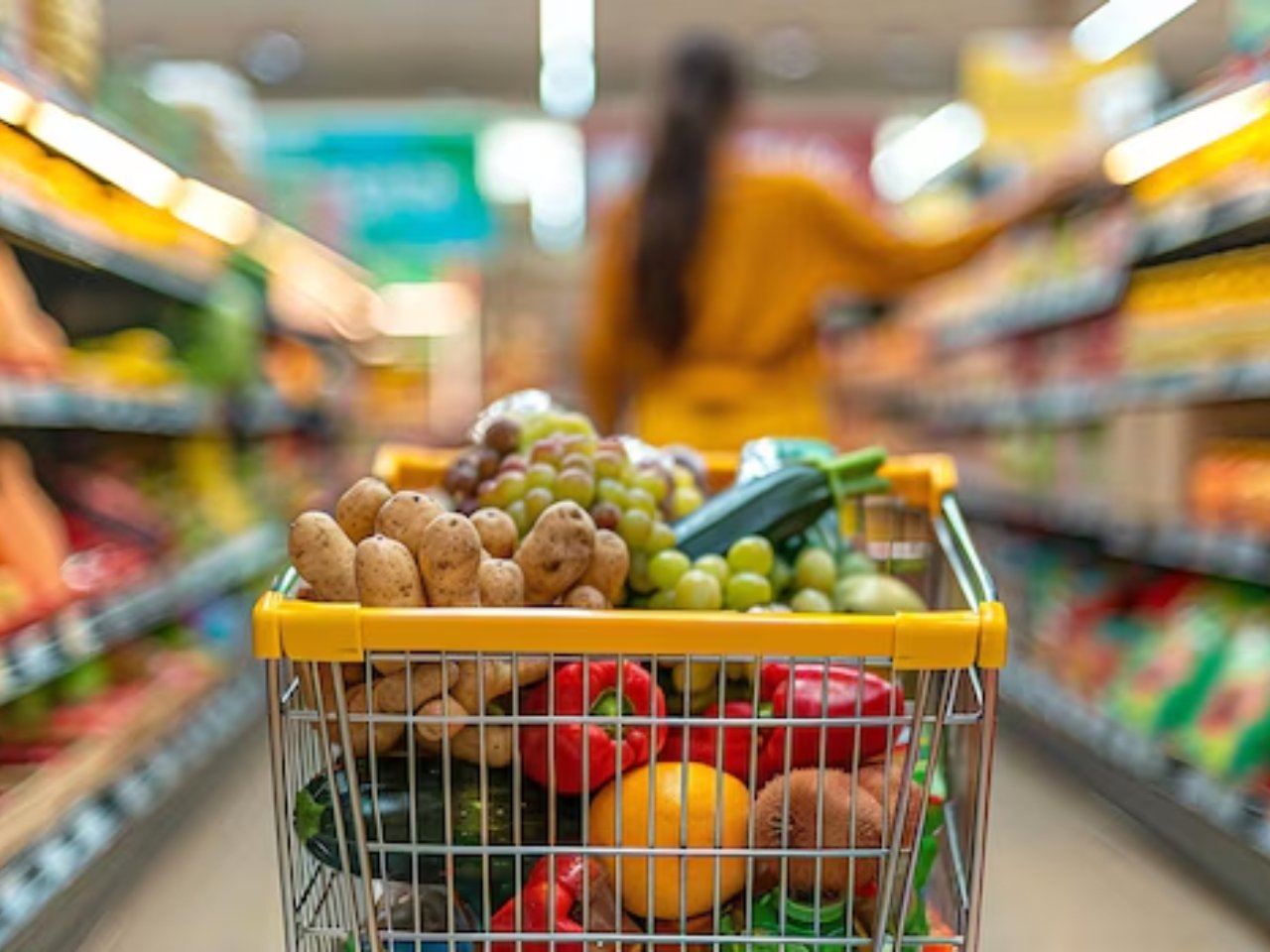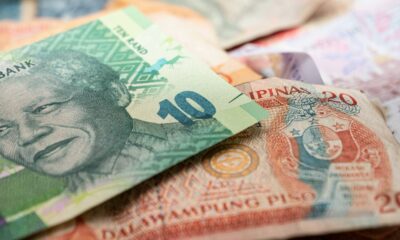News
More Pain at the Tills: Fuel Levy Hike Set to Push Food Prices Even Higher

South Africans are bracing for yet another round of price hikes and this time, the pain starts at the pumps and ends in your shopping trolley.
Following the latest increases in petrol and diesel levies, experts warn that food prices are set to climb, squeezing already overstretched household budgets across the country. Senior economist and trade researcher Thabile Nkunjana from the National Agricultural Marketing Council says the knock-on effects will be felt most by the country’s poorest and most vulnerable.
The Fuel Hike That Hits Everyone
From July 2025, the general fuel levy has increased by 16 cents per litre for petrol and 15 cents for diesel — bringing the total levies to R4.15 and R4.02 per litre, respectively.
While this might seem like just another fuel hike in an already tough economy, the ripple effects are deep and wide, particularly in agriculture.
“The agricultural sector is one of the biggest users of fuel in South Africa,” Nkunjana explains. “It’s highly mechanised. Tractors, harvesters, irrigation systems — they all depend on diesel or electricity.”
From Farm to Table, Every Step Costs More
Fuel isn’t just a cost at the farm gate. It’s embedded in every link of the food supply chain: from harvesting, warehousing, processing, packaging, to distribution. When transport and energy costs climb, groceries become more expensive, full stop.
This means a tomato grown in Limpopo, processed in Gauteng, and sold in KwaZulu-Natal costs more at every step, and that cost lands squarely in your grocery bill.
“It’s not just about farmers,” Nkunjana said. “It’s about what happens to prices when food has to travel long distances through a fuel-intensive system.”
Lower-Income Households Will Feel It First
As with many economic shocks, the poorest will be the hardest hit. In rural areas and low-income urban communities, food and transport already eat up most of the household budget.
“People living on the breadline can’t afford another increase in food prices. The levy might seem small, but it’s the last straw for many,” he said.
These are communities where R10 can be the difference between a meal and hunger. With fuel and electricity prices both rising, households are having to choose between food, transport, and basic services.
A Threat to Food Security?
Despite South Africa’s status as a net exporter of food, affordability, not availability is fast becoming the real food security issue.
South Africa produces more than it consumes, but as Nkunjana points out, “What good is a full pantry if no one can afford to eat from it?”
The impact of rising input costs fuel, fertiliser, pesticides, and electricity could eventually lead to declining food production, especially if smaller producers and emerging farmers get squeezed out.
“The risk is real,” Nkunjana warns. “History shows us that when input costs surge, local production declines. We’re keeping an eye on it.”
Electricity Adds Another Blow
Compounding the pressure is soaring electricity costs, which hit energy-hungry irrigation systems and cold storage units. For many commercial farmers, it’s a double blow: high fuel and power costs, both of which are critical to keeping operations running.
Where To From Here?
Nkunjana called for urgent action and cooperation between government and the private sector.
“If we don’t act now, the consequences won’t just be on the shelves. This will affect employment, production, and ultimately, the whole economy,” he said.
What Can Be Done?
-
Targeted subsidies for small-scale farmers
-
Efficient transport networks to reduce delivery costs
-
Policy certainty to encourage local investment in agriculture
-
Incentives for alternative energy solutions in food production
South Africa’s latest fuel levy hike is more than just a price adjustment at the pump. It’s a direct threat to household affordability, particularly for food. And in a country where inequality already runs deep, even a few cents more at the tills can mean going without.
{Source: BusinessTech}
Follow Joburg ETC on Facebook, Twitter , TikTok and Instagram
For more News in Johannesburg, visit joburgetc.com



























